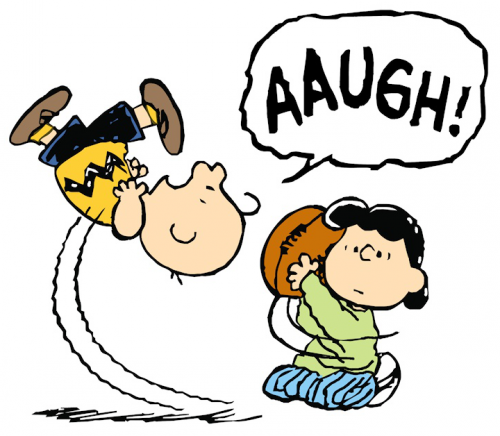Are the Poor Too Free? On the Perils of Paternalism
Paul Thomas asks a provocative question this week.
Are the poor too free? Are our schools providing students with tools and skills to foster their independence? Or teaching them to be compliant cogs in a machine whose levers of control they will never touch?
Thomas describes the paternalism that has become central to modern education, as well as efforts to "reform" it even further. He quotes David Whitman, a true believer in this approach:
Are the poor too free? Are our schools providing students with tools and skills to foster their independence? Or teaching them to be compliant cogs in a machine whose levers of control they will never touch?
Thomas describes the paternalism that has become central to modern education, as well as efforts to "reform" it even further. He quotes David Whitman, a true believer in this approach:
These paternalistic schools go beyond just teaching values as abstractions: the schools tell students exactly how they are expected to behave, and their behavior is closely monitored, with real rewards for compliance and penalties for noncompliance....Paternalistic programs survive only because they typically enforce values that "clients already believe," Mead notes. But many paternalistic programs remain controversial because they seek to change the lifestyles of the poor, immigrants, and minorities, rather than the lifestyles of middle-class and upper-class families. The paternalistic presumption implicit in the schools is that the poor lack the family and community support, cultural capital, and personal follow-through to live according to the middle-class values

